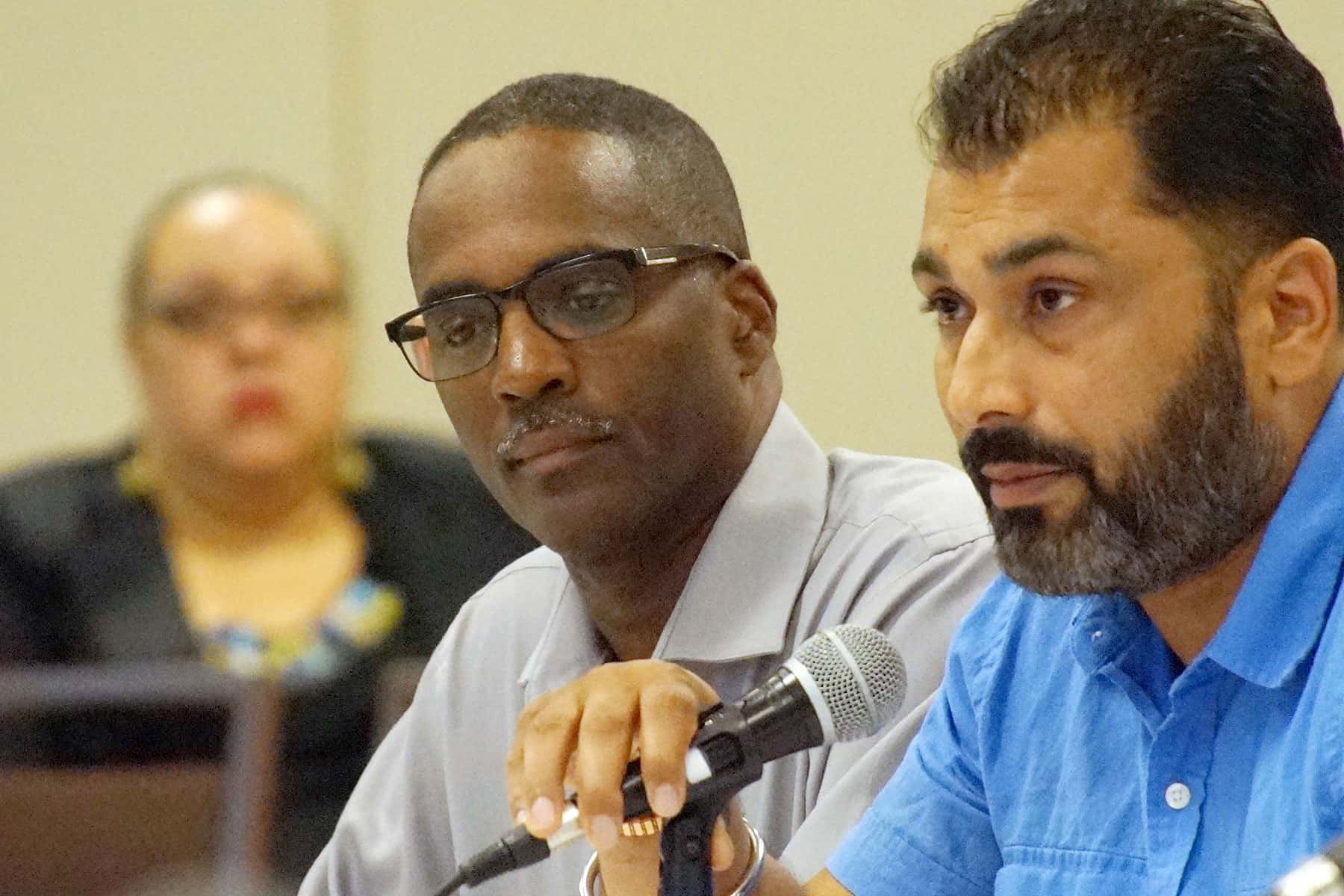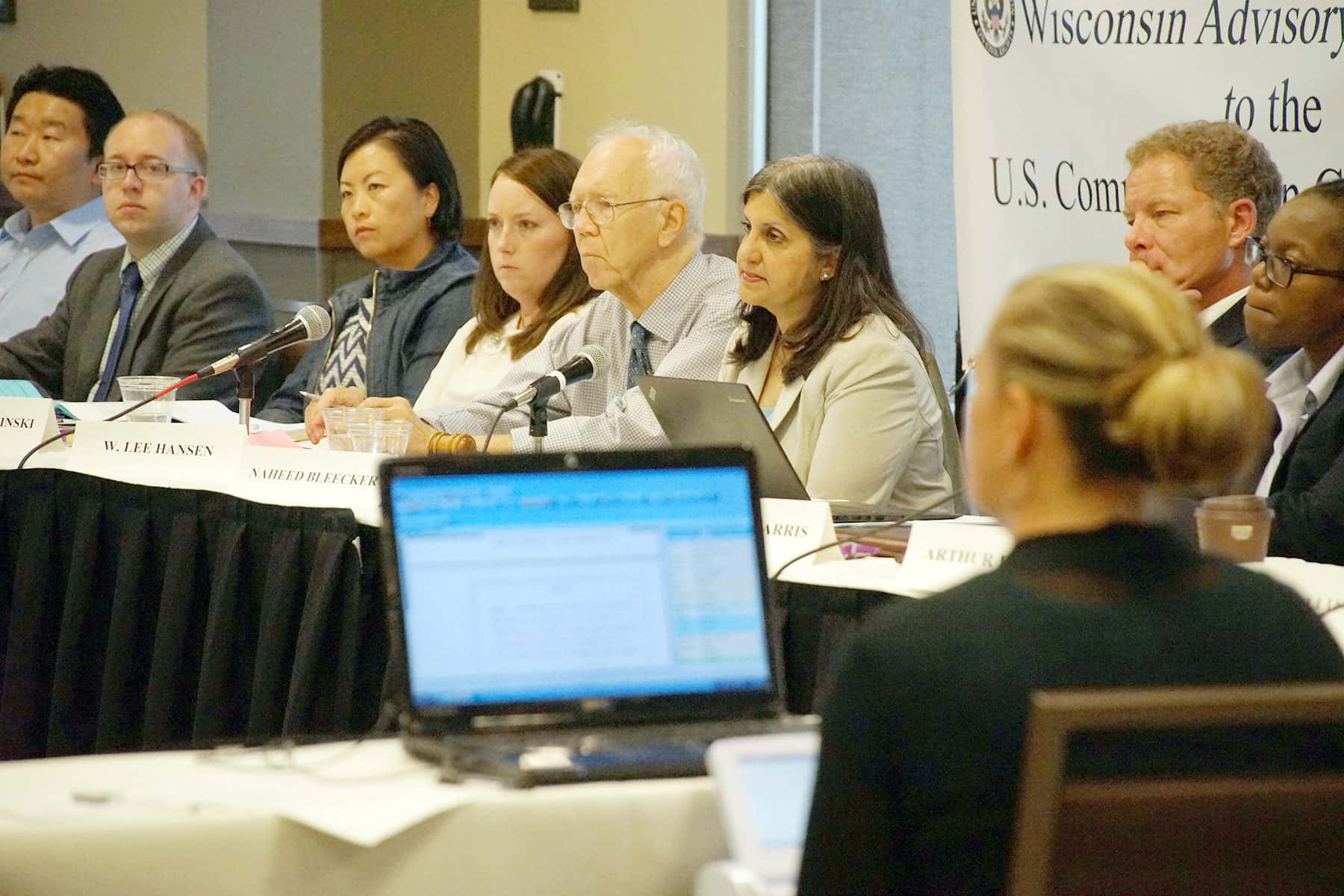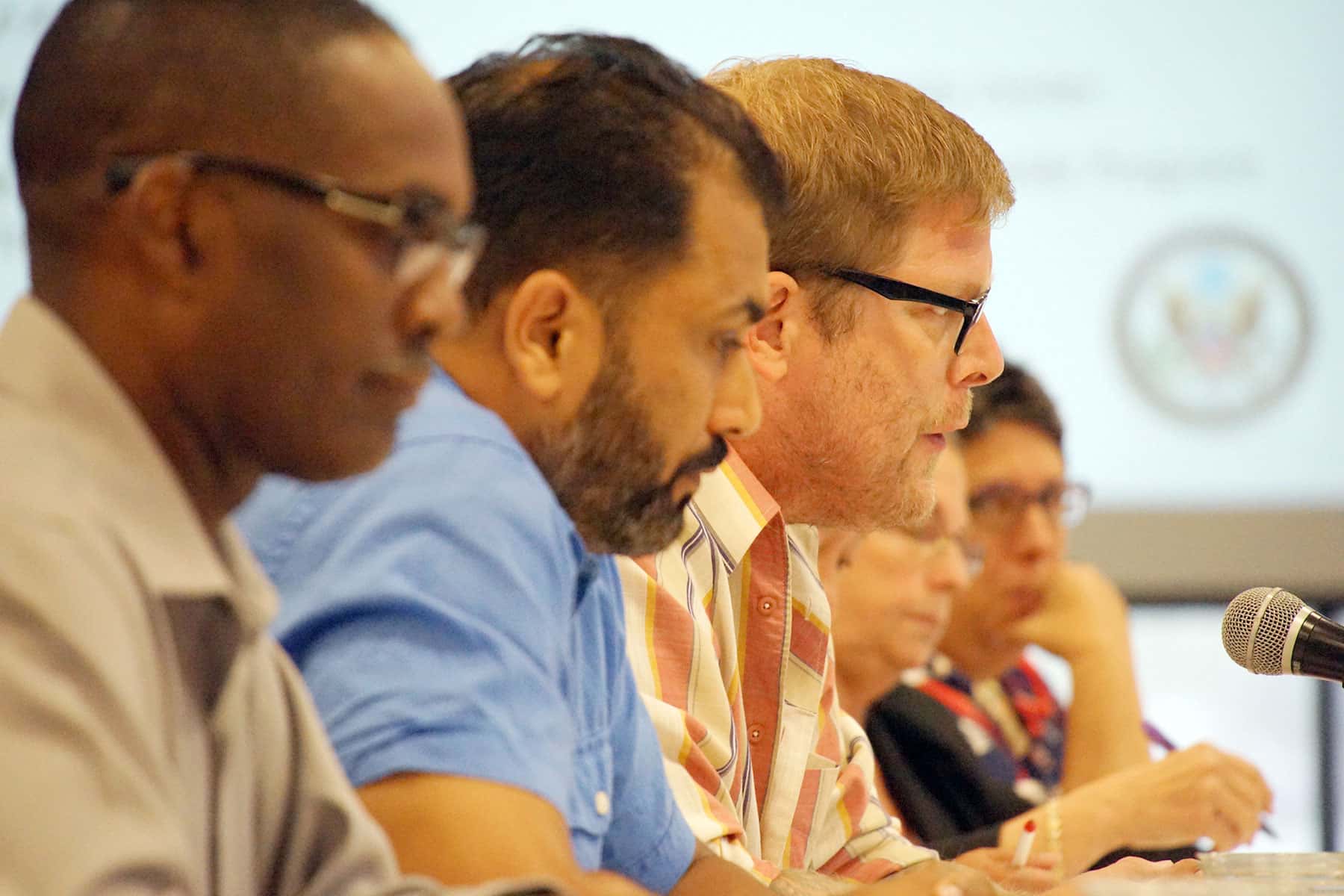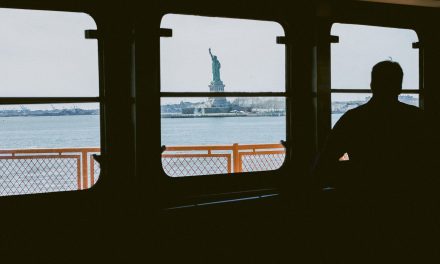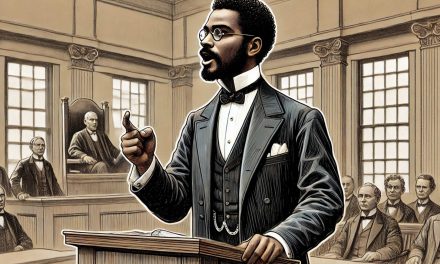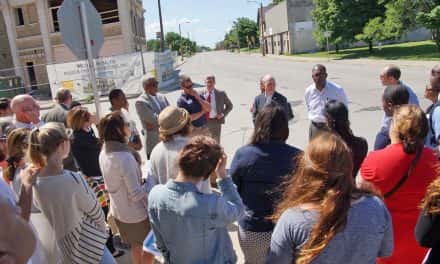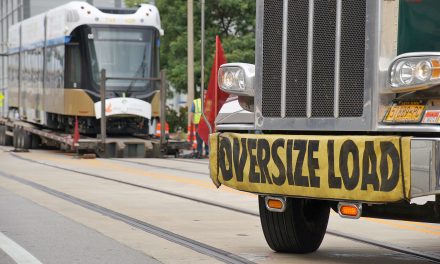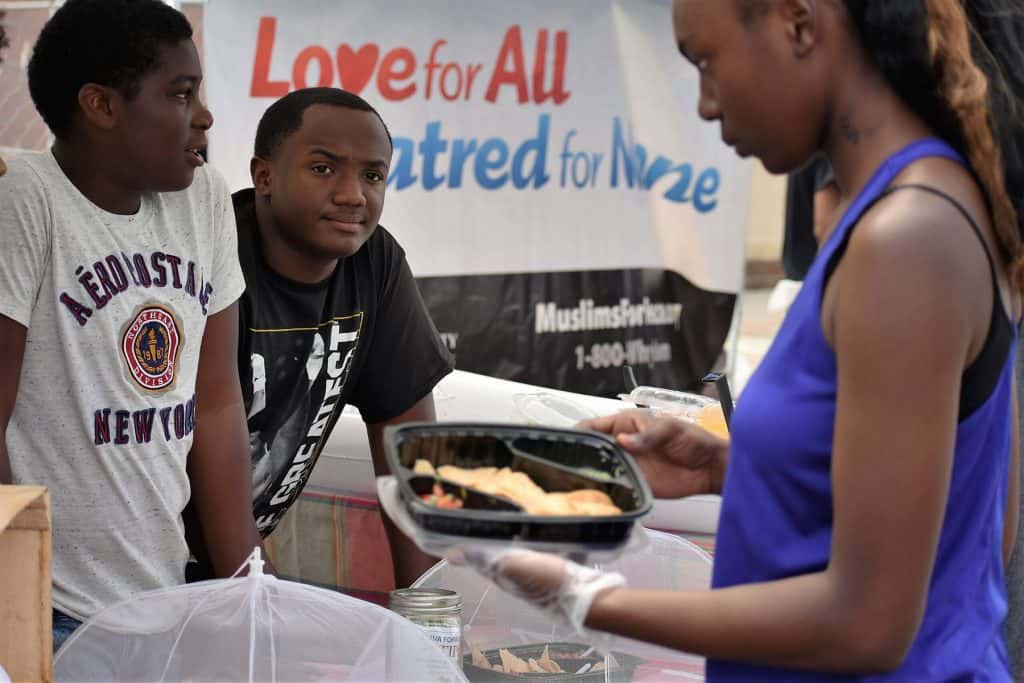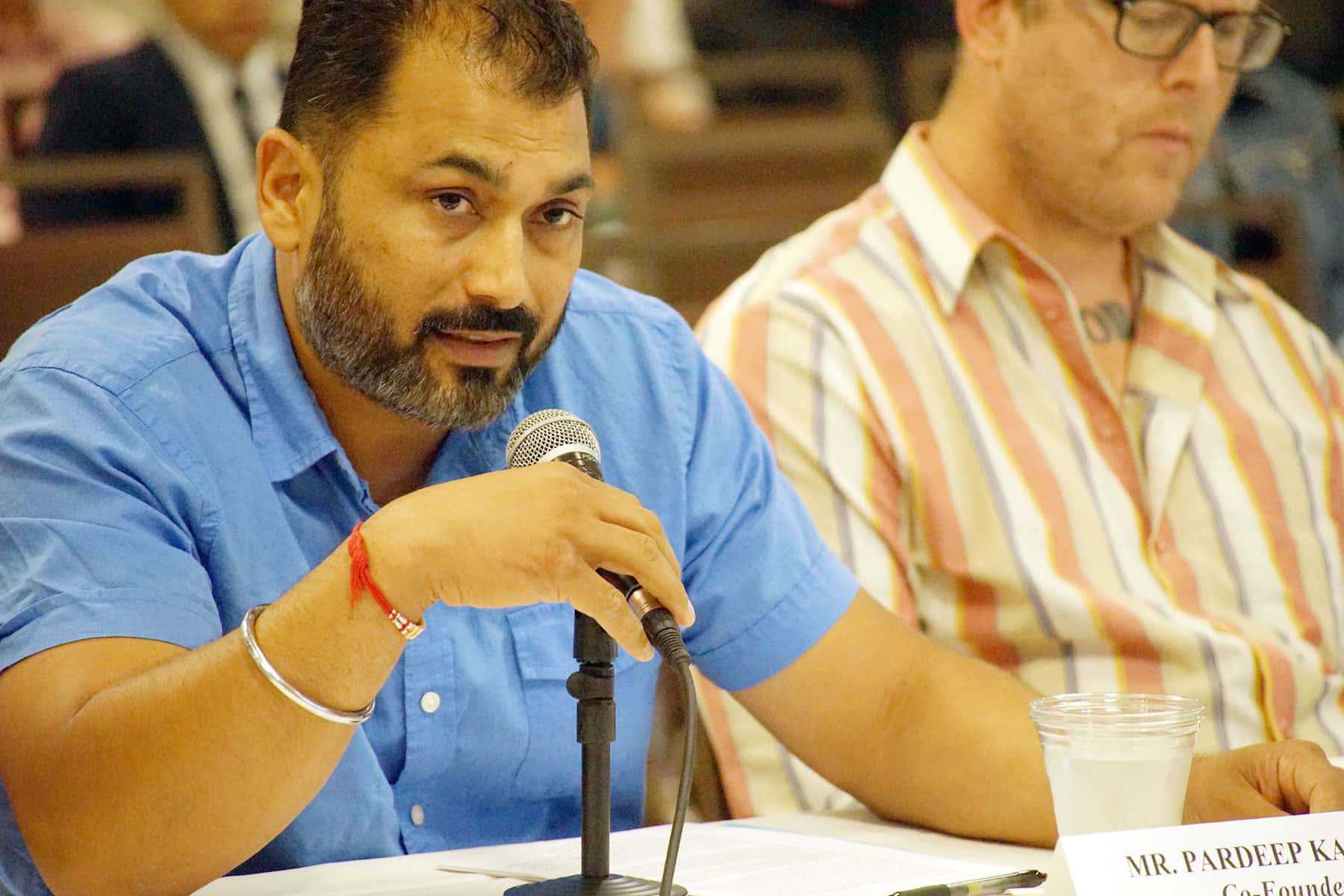
Editor’s Note: Pardeep Kaleka was a panelist at a public meeting hosted by the Wisconsin Advisory Committee to the United States Commission on Civil Rights on August 29, to discuss the issue of under-reported hate crimes and civil rights violations. This is the testimony he presented at the hearing.
Hello, thank you for the opportunity to address the commission. On Sunday August 5, 2012 a white supremacist named Wade Michael Page walked into The Sikh Temple of Wisconsin and ʍurdered six immigrants; Paramjit Kaur, Prakash Singh, Sita Singh, Ranjit Singh, Suveg Singh, and Satwant Singh Kaleka, my father and the founder of the Temple. Until that date this was one of the worst race, religious, or ethnic based hate crimes that this country had seen in nearly 50 years. Since the time that 4 little girls endured the impact of a bomb intended for Dr. Martin Luther King, on a similar Sunday morning at the 16th Street Baptist Church in Birmingham, Alabama, also committed by another White Supremacist Organization. At that time the deaths of Addie Mae Collins, Denise McNair, Carole Robertson and Cynthia Wesley inspired the Civil Rights movement into full stride, enacting the Civil Rights Act of 1964, the Voting Act of 1965, and the Civil Rights Act of 1968, which permits federal prosecution of anyone who “willingly injures, intimidates or interferes with another person, or attempts to do so, by force because of the other person’s race, color, religion or national origin.”
Just as the sacrifice of the four little girls meant so much in the name of progress, we also wanted our sacrifice on August 5 to mean something as well, however at that time we quickly realized that under Wisconsin Hate Crime Legislation and tracking, Sikhs were not mentioned anywhere. Sikhism is the 5th largest Religion in the world. Approximately 1 million Sikhs in North America, and 30 million worldwide.
Despite a post 9/11 rhetoric that often make this very visible population the target of numerous incidents, including one that occurred on Sept 15, just a few days after the attacks in NY. In this incident a Sikh American gas station owner in Mesa, Arizona named Balbir Singh Shodi was targeted because he wore very visible articles of faith, a turban and a beard. While Shodi was planting in the garden beds of his gas station, he was shot 5 times from close range by Frank Roque. Roque later boasted that his hate crime made him a patriot.
Every immigrant, Arab, Middle-Eastern, Pakistani, Indian, or Sikh has been effected by the post 9/11 rhetoric and mindset. We have been an invisible population. Severely underrepresented in the social, professional, and political reality of city, state, and national politics. My parents own gas stations, and I remember having discussions post 9/11 to customers assuring them who we are and what we represent on behalf of my parents who could not really navigate the hatred of the country post 9/11. A few weeks ago a gas station was set on fire while these Sikh Immigrants were barricaded inside. While the fire consumed the station, the crowd continued to loot, throw rock, chant “[expletive] British Petroleum, [expletive] the police, black power.” Afterwards there was very visible outcry for justice of police lives, and black lives; but I did not hear the same cry for the Sikh lives, immigrants lives, middle-eastern lives, indigenous lives. No mention of this constituting a hate crime. In fact, I spoke with elected officials in this area about this same concern a while ago. These same officials simply accept the money we earn, tell us that they will do better to build inclusive spaces, and don’t fulfill their promises. Truthfully speaking, when people speak of Civil Rights, Civil Rights organizations, or Hate crime legislation, many in our communities do not think think you are speaking for us, or even with us.
For these and other reasons, we wanted our sacrifice to mean something, we want to mean something. Sikh simply means “learner,” Guru means “teacher.” Truth in our faith is that all things are created by the same creator, and justice is fighting to create moral codes, that match moral mindsets. After the congressional testimony of Harpreet Singh, the youngest son of Parmjit Kaur, the only women kiIIed in the August shooting; the FBI director, Robert Mueller, had approved a recommendation from the agency’s advisory policy board to track hate crimes against Sikhs, Hindus, Arabs, Buddhists, Mormons, Jehovah’s Witnesses and Orthodox Christians.
This is a start, however we also need to not only have a seat at the table, but have a voice at the table when discussing Civil rights issues and concerns. Many in our community have already become extremely involved in efforts both locally and internationally. Our nonprofit, Serve2Unite, utilizes Service Learning, Arts, and Global Citizenship to address issues facing our society, and we do this operating out of a trauma informed lens, understanding that civil rights concerns such as hate, racism, xenophobia, homophobia, are as much products of trauma as they are historical injustices. Therefore, not simply be addressed with laws, but need to engage mindset shifts if we want to be truly effective.
Movements and hate organizations continue to grow. I don’t want to belabor the point or go into stats or organizations. But I do want to encourage the committee to engage in a trauma informed approach to address both prevention and intervention efforts now and moving forward.
Wade-Page, the white supremacist who took the lives of 6 Sikhs serves as a prototype of your typical racist, bigot, homophobe, islamophobe, Home-grown terrorist. The media sources publicized that much. What wasn’t publicized is probably just as important, and could lead to real solutions.
I got a chance to speak with Pete Simi, professor of Criminology, author of American Swastika, and one of the last people to document spending extensive time with Wade-Page. Simi described Page as a suffering alcoholic loner searching for identity of masculinity. Page was not your most popular person, even in supremacist circles. He states that he was always “having something to prove.” Simi described a vulnerable Page, who had been let go of the Military, let go as a truck driver, and right before the attack, let go by his girlfriend. Page displayed the typical signs of life long trauma; feelings of hopelessness, Internalized oppression, hyper-vigilence, diminished creativity, inability to embrace complexity, sense of persecution, guilt, fear, anger, cynicism, and inability to empathize.
After Page was discharged from the military, he moved back to Littleton, CO. This was during the same exact time that Dylan Klebold and Eric Harris conducted the Columbine Massacre because of unaddressed trauma, and the role of ultra-masculinity. Columbine High is in Wade-Page’s hometown of Littleton, CO. All of this was in 1999, when Page went to his first Hammerfest Concert, and decided that he also wanted to be a lead-singer of a Hate rock band. Despite being monitored by the SPLC, and the FBI, Wade Page brought the 9mm he used to ʍurder that Sunday from a gun shop down the road here in West Allis 8 days before the shooting.
Today, I am here because my dear friend, Arno Michaelis, who is a former White Supremacist could not make it.
I guess I’m asking the committee for a couple things;
One, I ask the committee of simple recognition that we exist. Sikhs, Pakistani, Indian, Middle-eastern, and Arabs are being targeted by more then just white-supremacy. WE NEED A VOICE, we need representation, we are a vulnerable population for many reasons.
Secondly, lets understand the complexity of the rise of hate groups. I believe that understanding using the trauma informed approach can serve to effectively prevent the growth of, and effectively intervene in rise of.
Thank you for allowing us to have a voice and be a part of this discussion.

